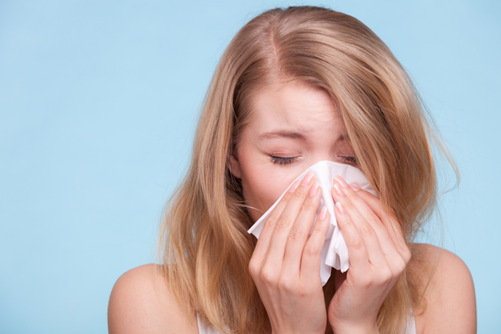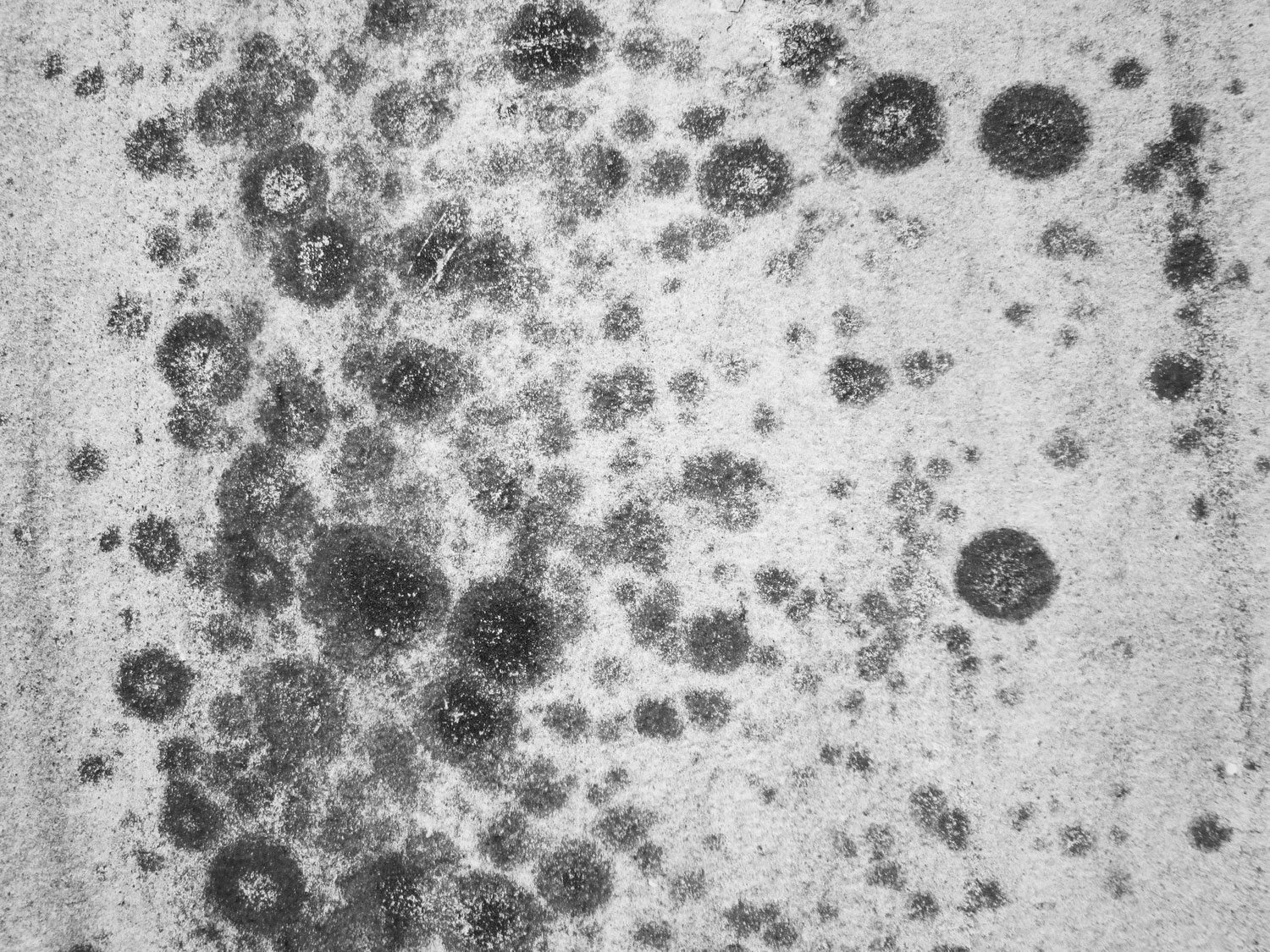What Are the Symptoms of Mold Exposure?
The symptoms of mold exposure are sometimes difficult to identify. Mold exposure symptoms often cause the same reactions in people as do common colds and upper respiratory allergies. This diagnostic confusion makes mold symptoms harder to properly diagnose. One obvious way of determining if the symptoms are mold exposure related is whether the person feels better when they leave a room or building where they spend a lot of time. If the symptoms go away once they have left the area, chances are that the symptoms are being caused by exposure to mold.
Water Mold Fire Restoration, 800-905-0277, understands that people sometimes don’t realize that the adverse health effects that they are experiencing are a result of mold exposure. It’s easy to blame mold exposure if you can see the mold, but what if the mold is hidden inside wall cavities or in your HVAC ductwork? What starts out to be mild symptoms can worsen as the length of time of the exposure increases.
Other mold symptoms are related to skin and mucous membrane infections. This usually only affects people with impaired immune systems, like HIV/AIDS or people undergoing cancer treatments.
Mold Allergy Symptoms

Mold allergies vary from person to person. These allergies can range in severity from mildly irritating to causing extreme illness. Some of the mild mold allergy symptoms include:
- Sneezing
- Coughing
- Postnasal drip
- Runny or stuffy nose
- Dry itchy skin
- Watery eyes
People sensitive to mold may have reactions year-round or only seasonally. Even changes in weather may cause mold allergies to flare up. And these allergic reactions can also be affected either by indoor or outdoor mold concentration levels. Many TV weather reports now include pollen and mold level warnings.
Asthma Related to Mold Symptoms
Severe asthma attacks can be triggered by exposure to mold spores in individuals that are extremely sensitive to them. Asthma is a chronic respiratory system illness. During an asthma attack, the air passages leading to the lungs become inflamed or swollen. Inhaling mold spores can cause this inflammation. The debate continues as to whether mold can cause a healthy adult to develop asthma. The Centers of Disease Control and Prevention (CDC) says that exposure to mold has been linked to the development of asthma in young children. Some asthma-like symptoms related to mold exposure are:
- Frequent coughing that worsens and occurs when asleep, exercise, or cold temperatures.
- Whistling or wheezing sounds when breathing out.
- Shortness of breath.
- Chest congestion or a feeling of tightness
- Fatigue
Mold Symptom Risk Factors
There are many factors that can result in allergies or illnesses due to mold allergy symptoms. Having a family history of allergies in general is one of these. Does allergies or asthma run in your family?
Working in an industry that exposes you to mold is another factor. Industries like farming, greenhouse work, wine making, and carpentry can lead to increased exposures.
Living or working in buildings with humidity levels above 50 percent is a risk. Mold can grow anywhere but higher than normal humidity is one of mold’s favorite growing conditions. Buildings that have been exposed to excess moisture can allow mold to flourish and exposure to it increase.
Living or working in a building that has poor ventilation can also increase your risk of developing mold-related symptoms. Today’s construction techniques allow for tighter and tighter buildings with regard to airflow. Another condition that mold responds to is a lack of sufficient air movement.
Prevention
The best way to avoid mold symptoms is to avoid mold wherever possible. Eliminate sources of uncontained moisture in your home. Use a dehumidifier if your home tends to have higher humidity levels. Get rid of clutter to allow for better airflow. Change HVAC filters often and consider using HEPA-rated filters.
If you discover, or think that you are having symptoms related to mold exposure, contact Water Mold Fire Restoration at 800-905-0277. Our experience mold removal teams will make an appointment to come to your home and test for hidden mold. If a problem is found we can tailor a plan to remove the mold. Our initial consultation is free and without obligation. Or if you prefer you can email us at help@watermoldfire.net.








